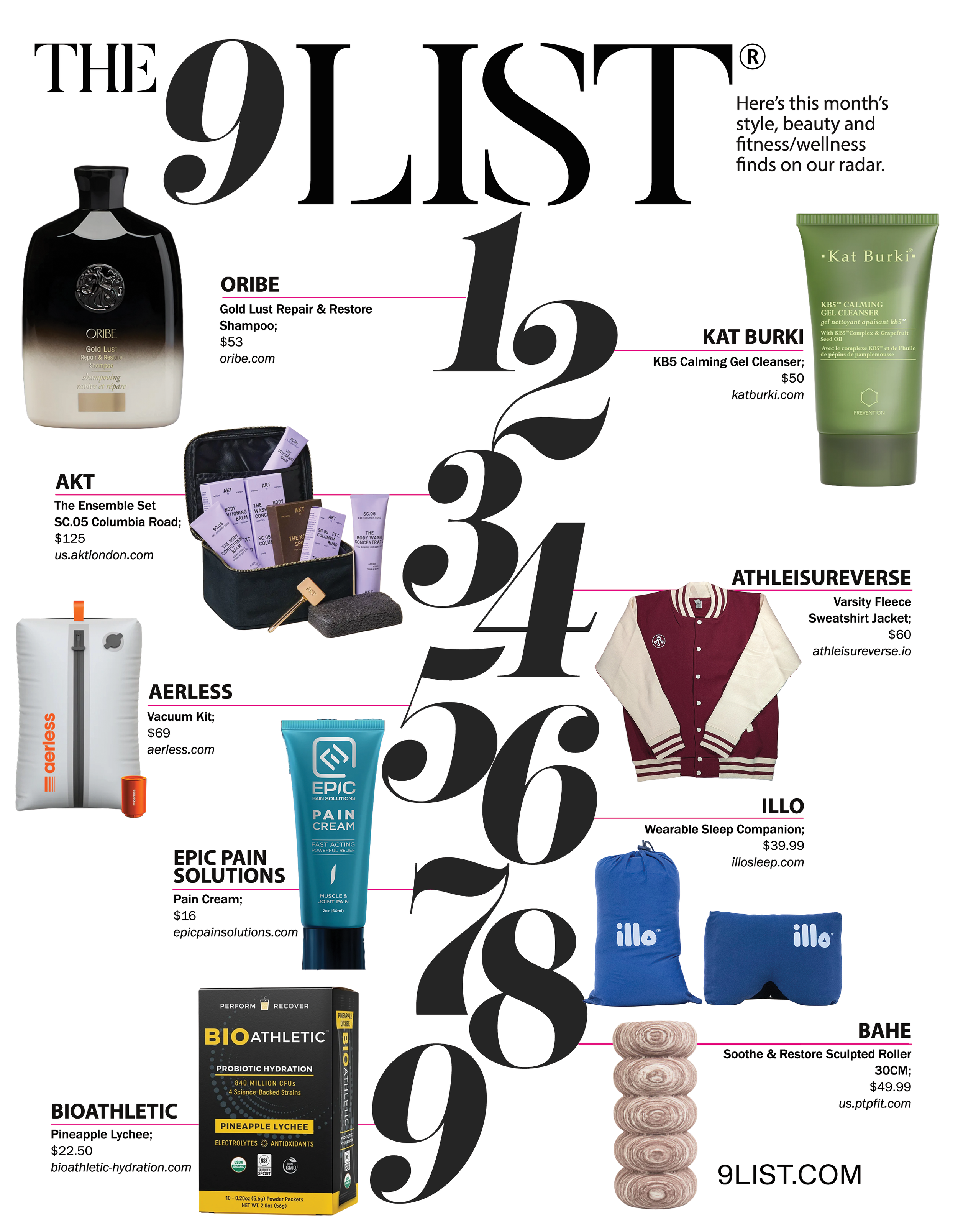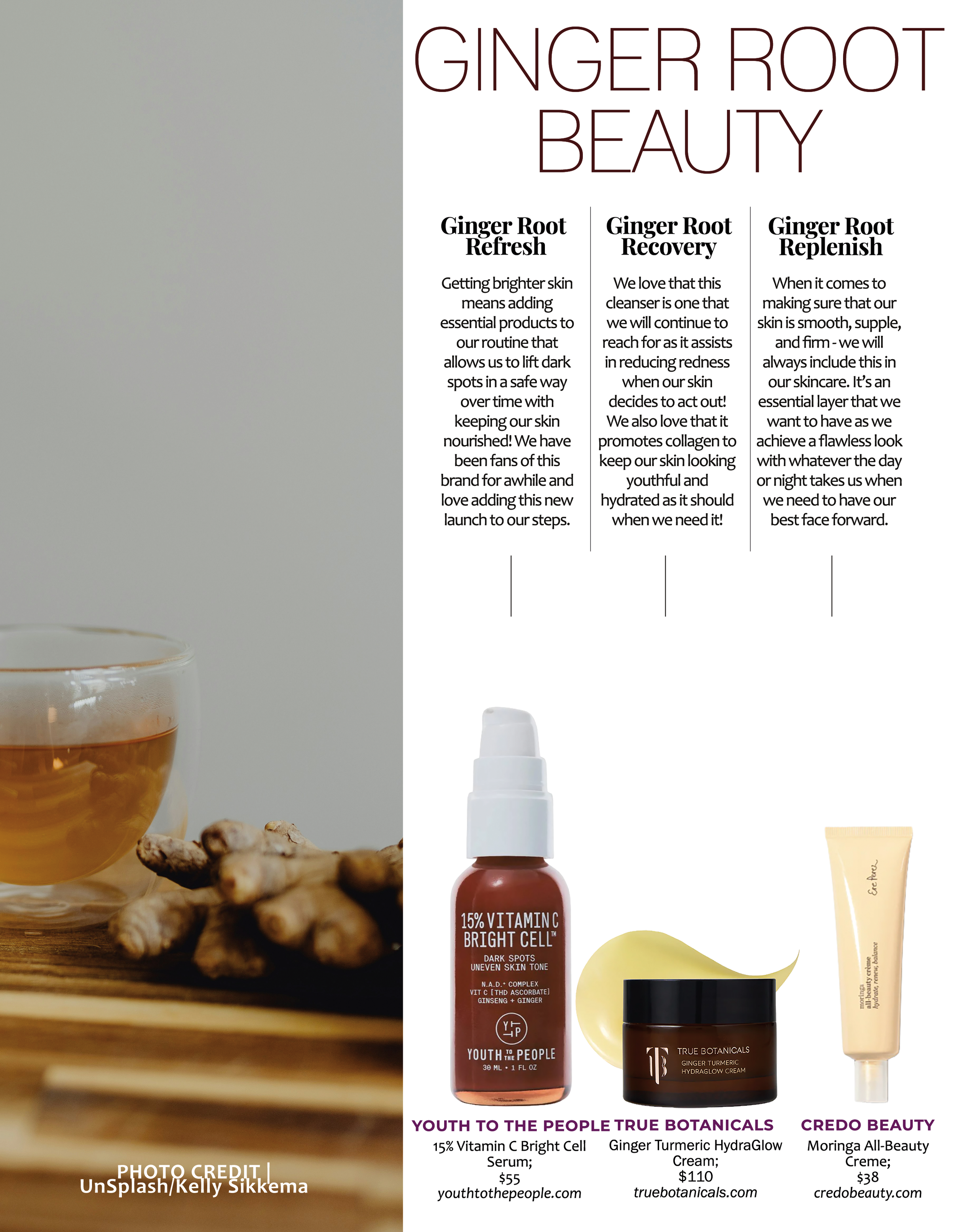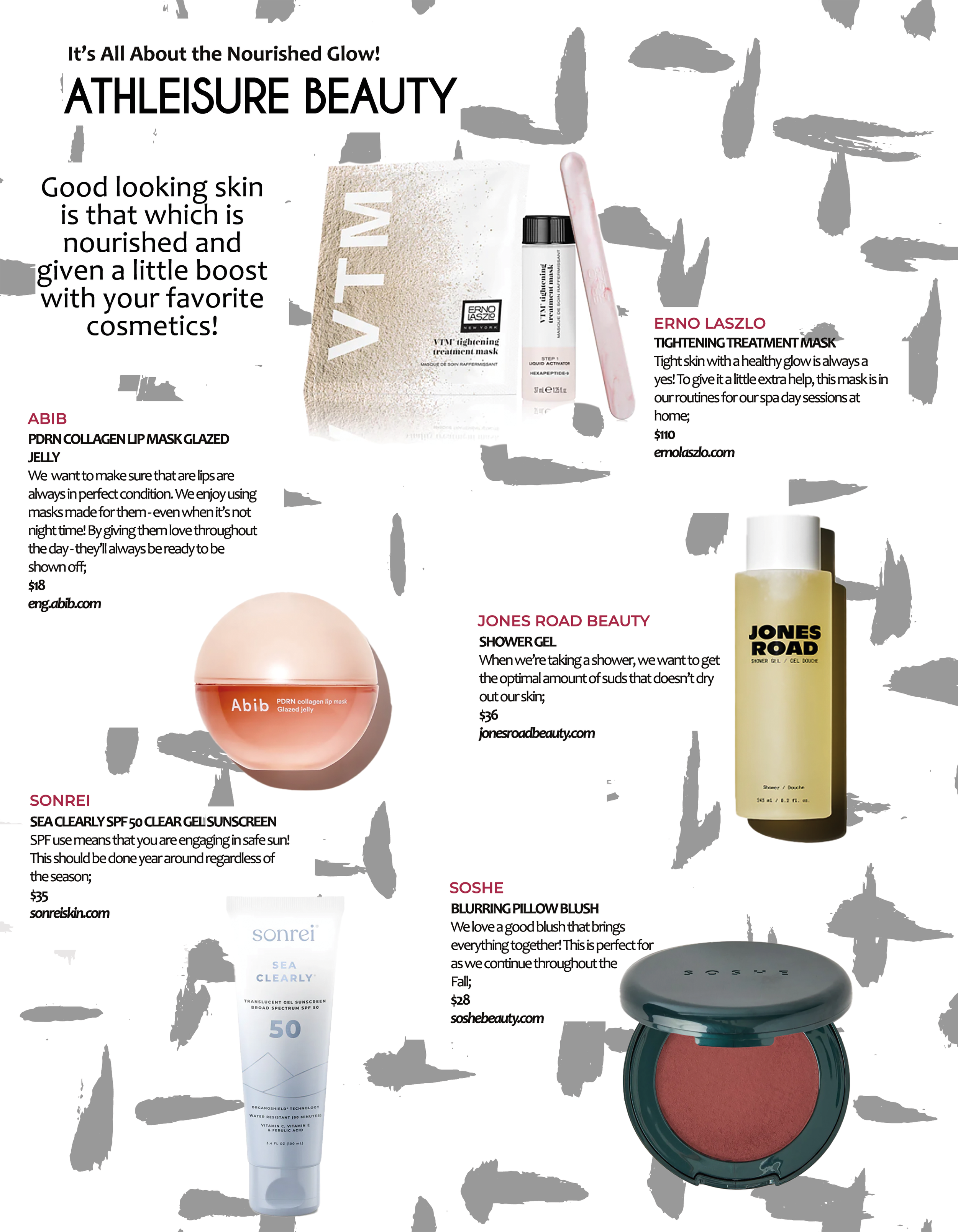Acne is a skin condition that occurs when the hair follicles are filled with large amounts of oil and dead skin cells. In fact, suffering from acne does not just affect a person’s self-esteem and self-image, but it can also be an indicator that you need to make certain changes to your lifestyle. It is your body urging you to take better care of your health. There are different acne treatments out there. Some of them you might have tried with little to no results. This is mostly due to the fact that you do not fully understand what type of acne you have and, thus, are unable to identify the best way to deal with it.
Here are some tips, as well as acne treatments, that work wonders.
1. Identify your acne
The very first step to treating acne is identifying what type of acne you have. Different types of acne have different causes and thus need to be treated differently.
a. Hormonal acne
Hormonal acne comes around at a certain time of the month when your hormones are fluctuating. You can identify hormonal acne by the fact that it is usually a sprinkling of zits around the bottom half of your face seemingly appearing out of nowhere.
b. Whiteheads and blackheads
Both of these acne types are a result of clogged pores. You might be wondering what exactly clogs your pores and the answer to that is the oil your face secretes. The difference is that whiteheads have thin film covering the oil while blackheads occur in larger pores which allow the trapped oil to oxidize and have that black color
c. Inflammatory acne
Everyone is familiar with this kind of acne. Whether it is a large pimple with pus trapped inside or smaller pimples that are inflamed and painful, this type of acne is caused by bacteria on the face.
d. Cystic acne
Cystic acne is mainly caused due to genetic or oil gland issues and cannot be treated with the usual acne treatments such as antibiotics or gels.
2. Medicines used
After understanding the different kinds of acne, you can take the necessary steps to treat your case. Most of these cases of acne can be treated using simple over-the-counter topical creams and lotions that contain certain active ingredients. Usually, an effective treatment will include retinoid, which comes in the form of gels, creams, and lotions. You will also find a range of antibiotics to treat inflammatory acne which is, as mentioned above, the result of bacteria. Salicylic acid, which is found in a range of grains and comes in liquid form that you can apply topically to the area you have acne in one to two times a day for the desired results. In fact, some medicines include a couple of these substances at the same time to rid you of acne as quickly as possible.
3. Alternative methods
After identifying what kind of acne you have, you might be surprised to find out that the medication listed above won’t have satisfactory results. You do not have to lose hope though, because there are some alternative methods to get rid of your acne once and for all.
a. Supplements
Taking supplements to get rid of acne is one of the most popular alternative methods used by people. This is because taking alternative supplements that contain vitamins, such as vitamins A, C, and D, is quite beneficial for your skin. Not only will they help with any acne on your body, but they will also regulate your body’s functions and give you stronger immunity to help fight off any bacteria and viruses.
b. Laser therapy
Laser therapy is another method that people use to get rid of both acne and acne scars that are left over from past breakouts. It can be quite expensive, however, to go for sessions regularly so people usually choose to undergo laser therapy as a last resort.
c. Dieting
Believe it or not, dieting can help you with acne. Acne can sometimes be caused by an excess of oil secretions which is a result of eating junk food regularly. Limiting your intake of unhealthy food and allergens, such as berries and chocolate, will have a serious effect on acne-prone skin
4. Home treatments
If you do not want to use medication, you can also try home treatments that have a noticeable success rate.
a. Apple cider vinegar
Apple cider vinegar, like most kinds of vinegar, has antibacterial properties, so applying a generous amount of inflammatory acne will kill bacteria and make the pimples go down at a faster rate.
b. Natural masks
One of the most popular masks to make at home is a honey and cinnamon mask. Both of these ingredients, which most people readily have at home, are antibacterial, anti-inflammatory, and antioxidants. This means that they work wonders on your skin after a couple of applications.
c. Tea tree oil
Although more on the expensive side, tea tree oil is a natural remedy that works well to give your skin a luminous and smooth look.
d. Green tea
Green tea can be used on your skin in two ways. You can first brew the tea and leave it to reach room temperature. Then you can apply it onto your skin using a spray bottle. You can use the leaves to make a green tea and honey mask to calm down any inflammation and get rid of acne-causing bacteria.
e. Aloe Vera
Aloe Vera is found in many face creams and lotions already, but you can use its pure form on your skin just like green tea to decrease inflammation.
These are some of the best ways to deal with any type of acne you might have. Do not be afraid to experiment with different natural treatments and supplements at the same time to ensure that you are free from any acne that you might be suffering from. No matter what, rest assured that using these treatments will ensure that your face remains acne-free for a very long time to come if used regularly.
Read the latest issue of Athleisure Mag.












